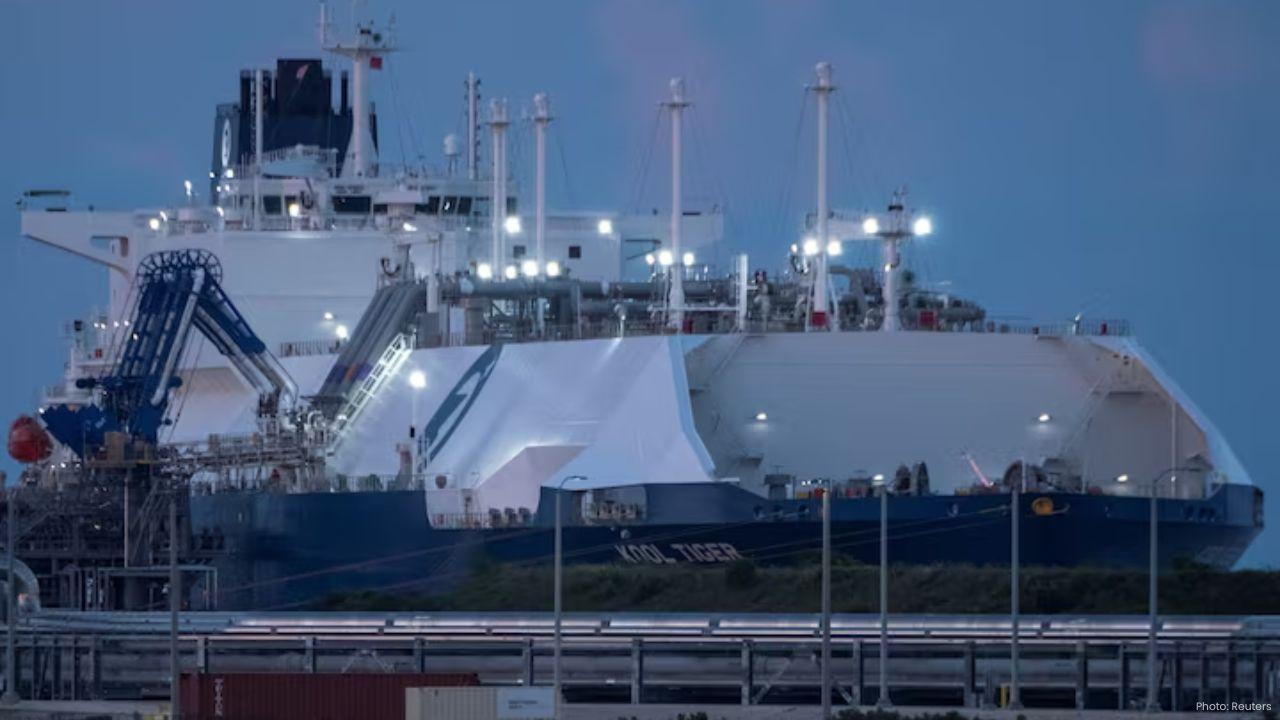
Post by : Meena Rani
US developers of liquefied natural gas (LNG) facilities are facing increasing costs that make building new plants more difficult. Costs for steel and other materials have gone up, wages for skilled workers are higher, and supply chain delays have become more common. These factors make it harder and more expensive to finish LNG projects on time and within budget.
Because of these challenges, many LNG builders in the United States are now turning to modular construction as a solution. Modular construction is a method where sections of the plant are built in a factory instead of being entirely at the construction site. These sections, called modules, are then transported to the plant location and assembled there.
Why Modular Construction is Becoming Popular
Traditional LNG plants are built “stick by stick” at the construction site. This method requires a lot of workers to be on-site for months or even years. Weather delays, labor shortages, and rising wages can make projects take longer and cost more.
Modular construction offers several important advantages:
Cost Savings: Building parts in a factory is often cheaper than assembling everything on-site because it reduces material waste and allows for bulk production.
Time Efficiency: Modules can be built at the same time the site is being prepared, reducing the total time needed for construction.
Quality Control: Factory-built modules are easier to inspect and ensure high quality, reducing mistakes and rework.
Reduced Labor Needs: Fewer workers are needed on-site, helping projects avoid labor shortages and high wages.
Examples of Modular LNG Projects
Calcasieu Pass LNG Project
Venture Global’s Calcasieu Pass LNG facility in Louisiana is one of the first major U.S. projects using modular construction. The first phase of the project is already producing LNG, while the second phase has started construction. For this project, liquefaction modules were built in a factory in Italy and then shipped to Louisiana. This approach helps reduce costs, finish faster, and improve reliability.
Commonwealth LNG Facility
Commonwealth LNG’s 9.5 million tonnes per year facility in Cameron, Louisiana, is also using modular construction. By building large parts of the plant off-site, the project reduces the need for thousands of workers at the site. Instead, only about 800 workers are needed during peak construction. This reduces risks, saves money, and ensures the project can stay on schedule.
Benefits of Modular Construction
Faster Construction: While modules are being built in the factory, site preparation can happen simultaneously.
Improved Safety: Fewer workers on-site reduces the chance of accidents.
Better Planning: Standardized modules make it easier to plan and coordinate the project.
Flexibility: Modular plants can be expanded or upgraded more easily in the future.
Challenges of Modular Construction
While modular construction offers many benefits, it also has challenges:
Transport Risks: Moving large modules from the factory to the site can be complicated and expensive.
Site Preparation: The construction site must be ready to receive the modules, which requires careful planning.
Coordination Complexity: Managing both off-site fabrication and on-site assembly requires strong project management skills.
Future Outlook
The U.S. LNG industry is likely to use more modular construction in the future. Suppliers are creating standardized modules that can be quickly built and shipped anywhere, even to remote areas. This method will allow new LNG plants to be built faster and more cost-effectively.
Developers are also taking more responsibility for the engineering and construction process, which helps control costs and prevent delays. As global demand for LNG grows, especially in Asia and Europe, finishing projects on time and within budget will be very important. Modular construction provides a solution that meets these challenges.
Modular construction is becoming a key approach for U.S. LNG projects. By building large parts of plants in factories and assembling them on-site, developers save money, reduce construction time, and improve quality. Although transporting modules and coordinating work remain challenging, the benefits make modular construction a smart choice in today’s rising-cost environment.
LNG, modular construction, US energy, Venture Global, Commonwealth LNG

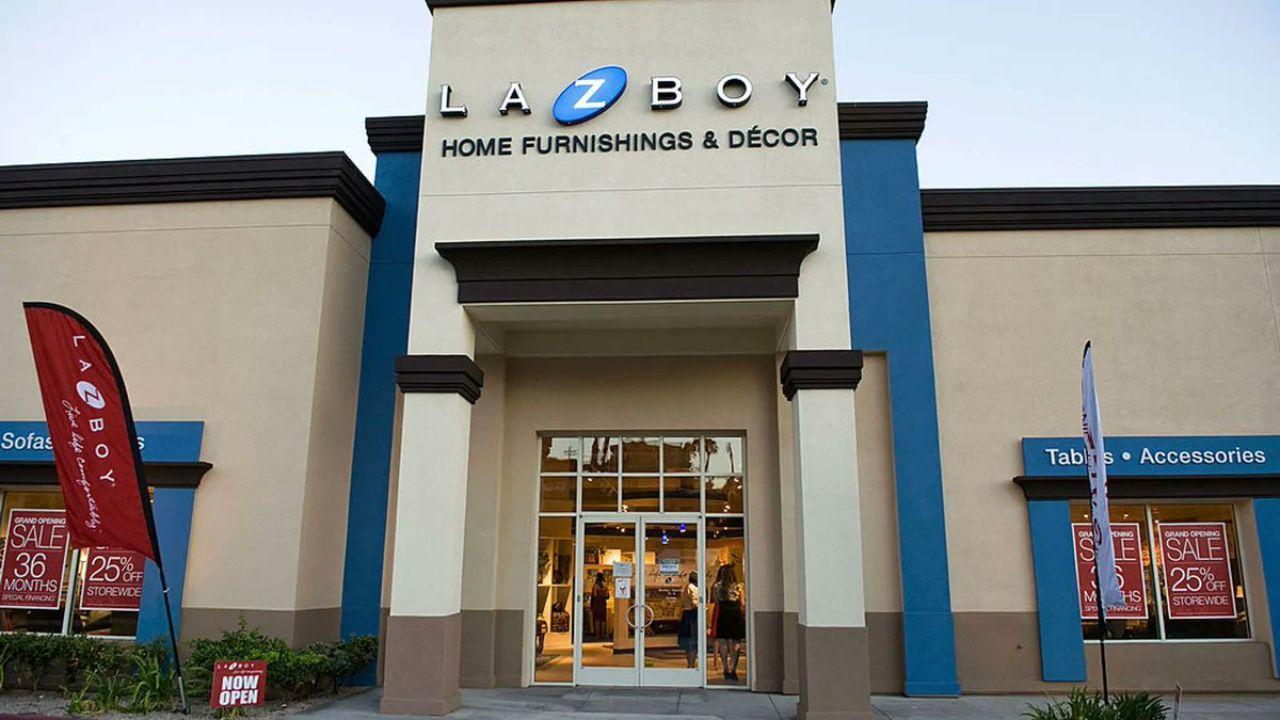
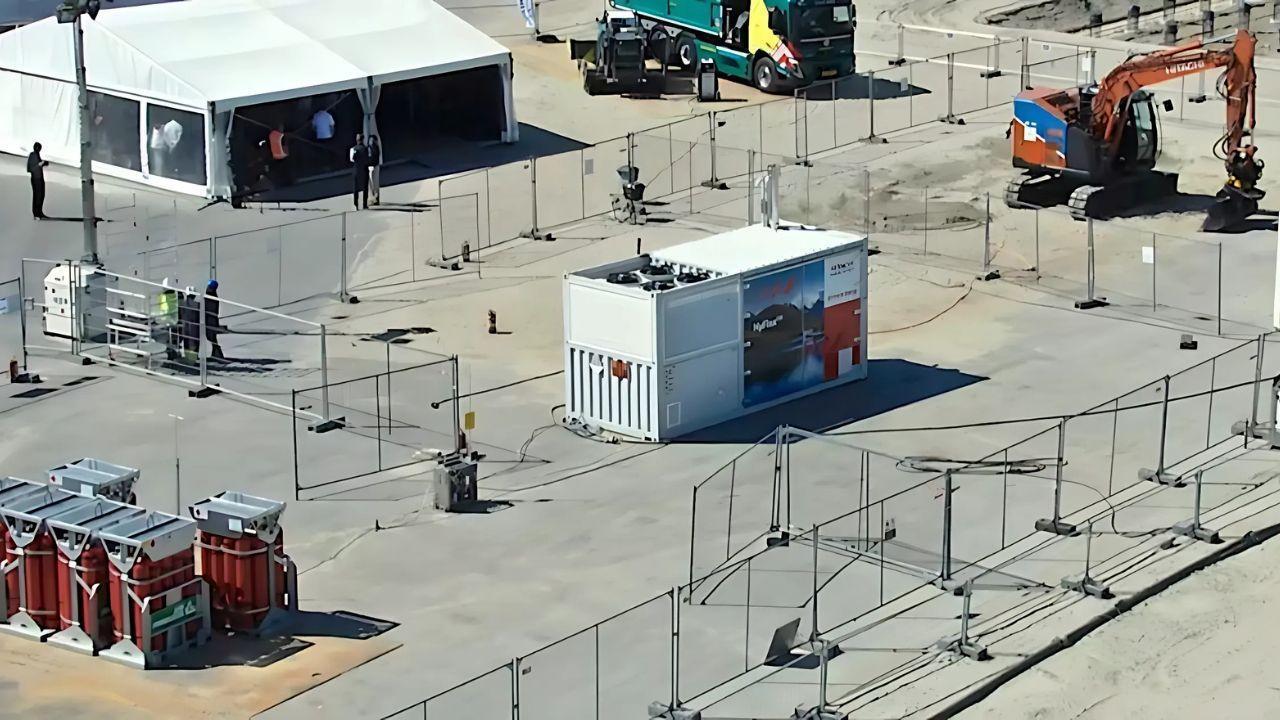


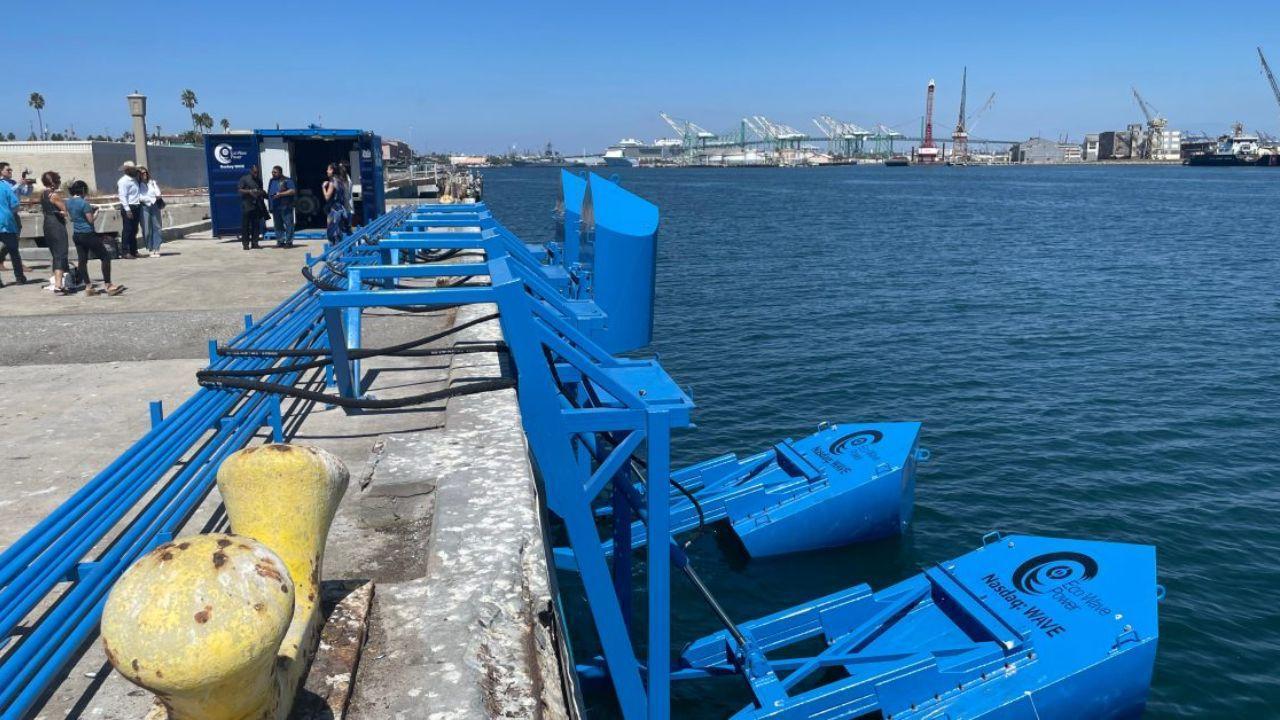



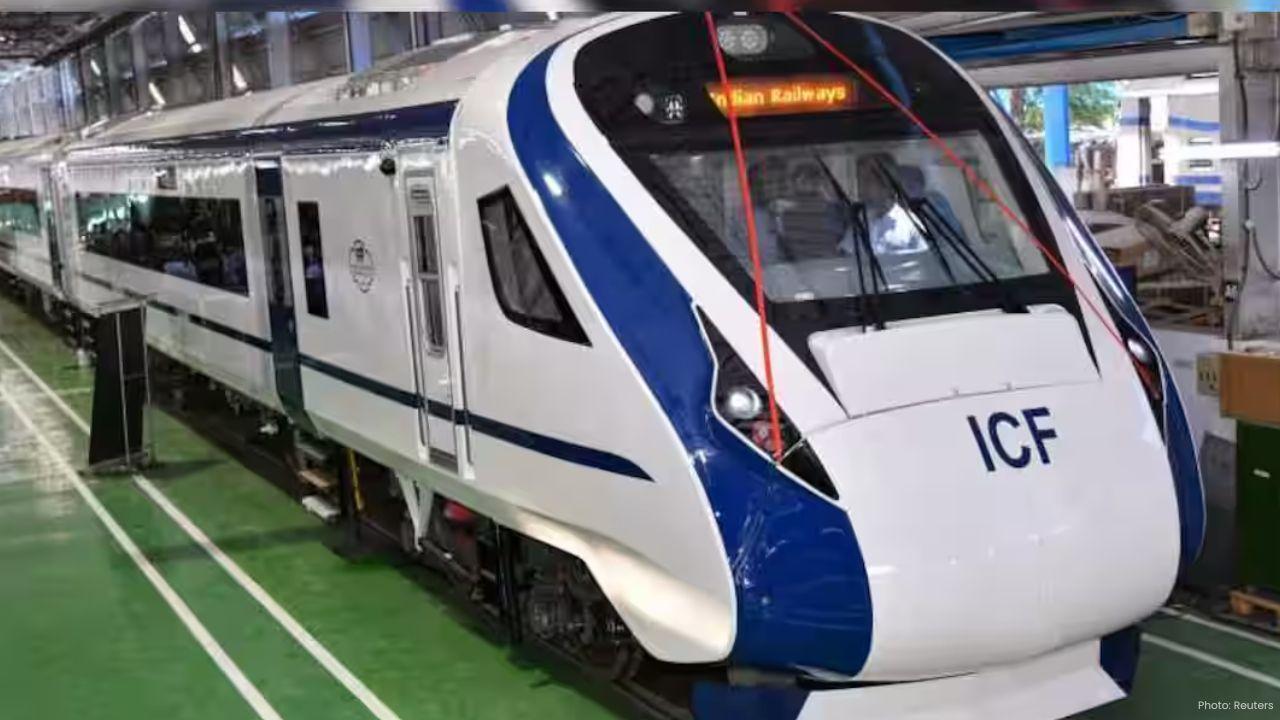
Vande Bharat Passenger’s Spitting Incident Sparks Nationwide Debate
A passenger spitting on the Vande Bharat Express floor sparks online debate on civic sense cleanline

OnTrac Introduces Ground Essentials Service for Affordable and Reliable Shipping
OnTrac launches Ground Essentials a new service offering cost-effective parcel delivery with up to 3

Breeze Airways Earns Five-Star Status as North America's Top Airline
Breeze Airways achieves a five-star rating marking it as North America's leading major airline for 2

Royal Enfield Cuts Prices on 350cc Bikes After GST Rate Reduction
Royal Enfield reduces prices on 350cc motorcycles from September 22, 2025, following GST rate cuts,

Viva ACP Boosts Bus Safety with Strong Lightweight Aluminium Panels
Viva ACP’s panels make buses safer lighter and stronger—saving energy and protecting passengers with

Steelpaint’s Stelcatec Coating Gets UK Rail Approval
Steelpaint’s Stelcatec coating approved by UK Network Rail for durable, fast, and effective protecti